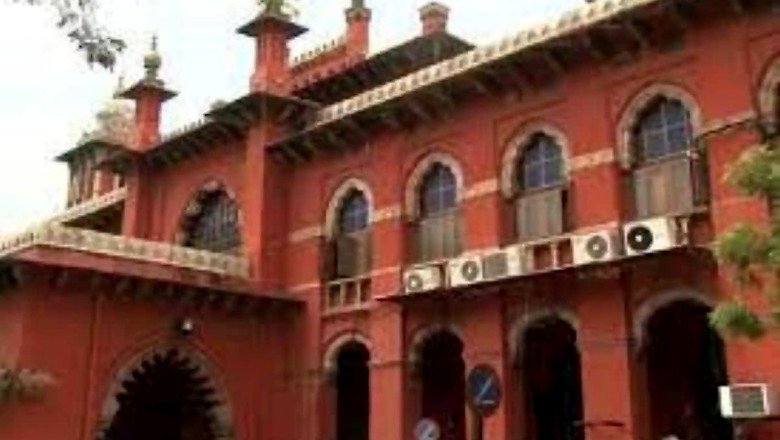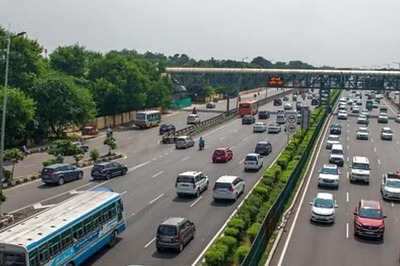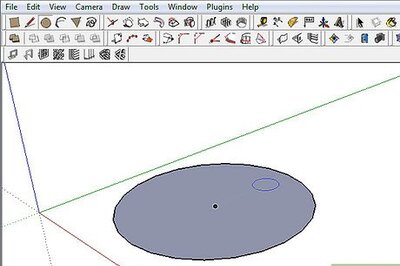
views
Equating an idol to a minor child, the Madras High Court has come to the rescue of the famous Sri Dhandayudhapani temple in Palani by restoring its vast property worth several lakhs of rupees, to the shrine. It is 'trite' in law that the idol of a temple is akin to a minor child and the court is the guardian of a minor child both for person and property, Justice RMT Teekaa Raman said in a recent order.
"The court is the guardian of a minor child both for person and property. Likewise, the court is the guardian of properties of the idol of the temple," he said. "The court has to protect the properties of the idol like that of a minor child. According to the Hindu mythology, at Palani Lord Subramaniya Swamy alias Karthick is abode as minor child and hence (and) the court has to protect the property of the idol as that of a minor child," he said while dismissing a batch of second appeals from certain individuals, who enjoyed the property for generations.
Being a guardian of the property of the idol, this court feels that the appellants/defendants were enjoying the property for generations by adopting dubious methods and hence should be evicted, the judge said. He also directed the Commissioner and Secretary of Hindu Religious and Charitable Endownment department to give suitable instructions to the executive officer of the temple to take possession of the property as per the earlier decree within four weeks after, failing which, the Commissioner has to supervise its execution at the earliest.
The suit property, a vast tract of land extending to 60.43 acres in Periyakumarapalayam village in Dharapuram in Tirupur district, was given as 'Inam' to the ancestors of the appellants in 1863 by the British government. The judge noted that the defendants were squatting on the temple land for generations through the 'grant' by the British Government followed by settlement proceedings under the Tamil Nadu Inam Abolition Act and in view of the various proceedings.
.
Read all the Latest News, Breaking News and Coronavirus News here.



















Comments
0 comment